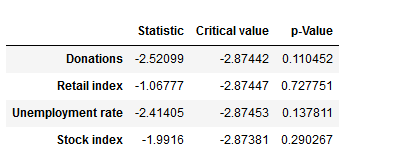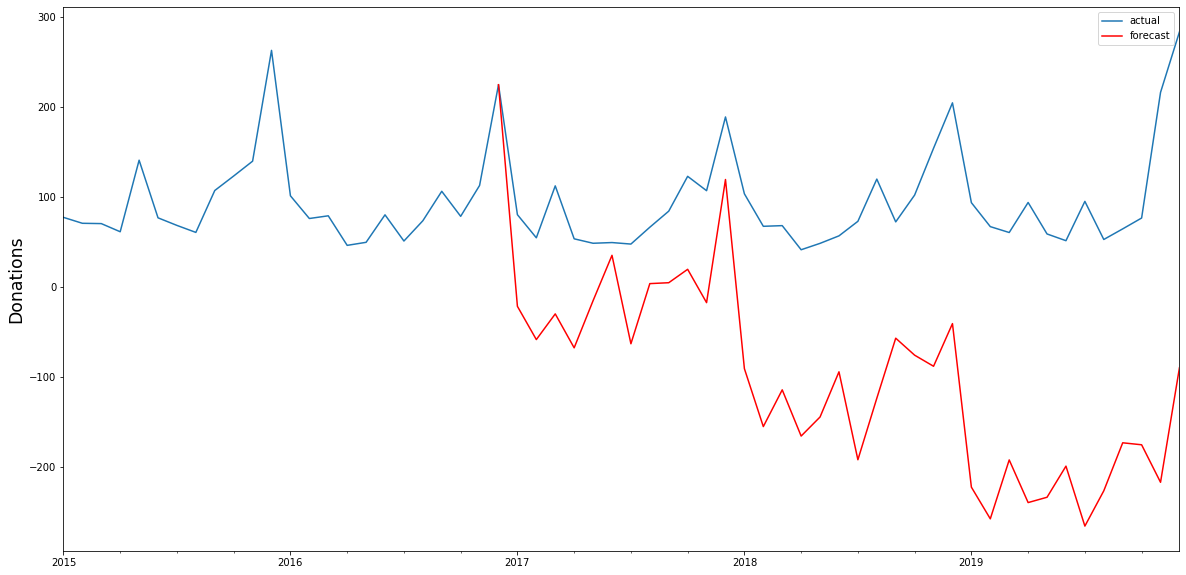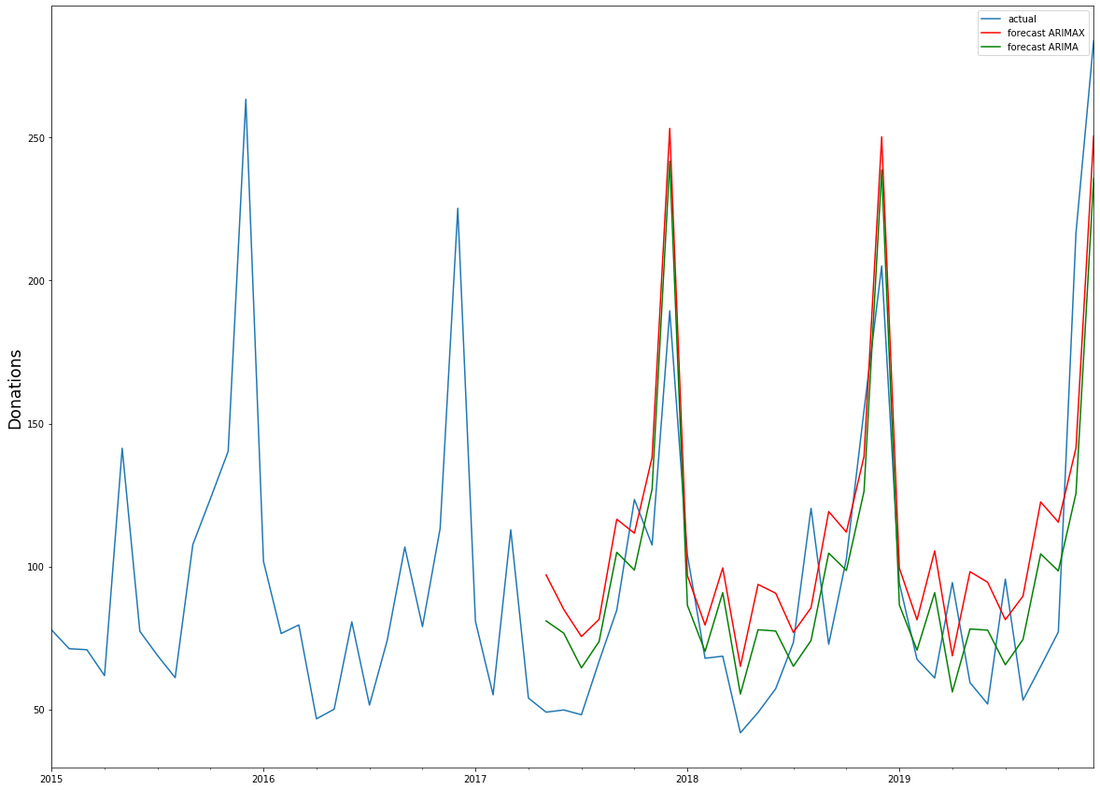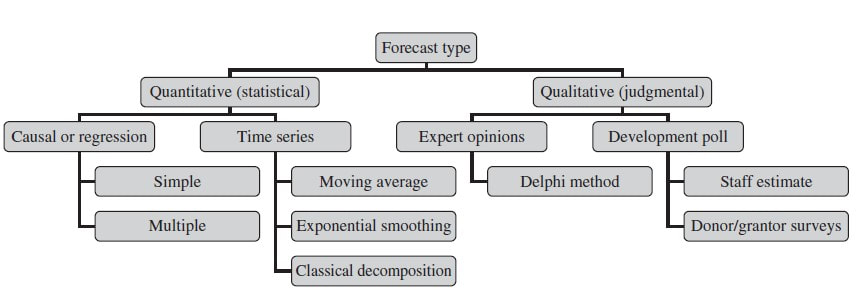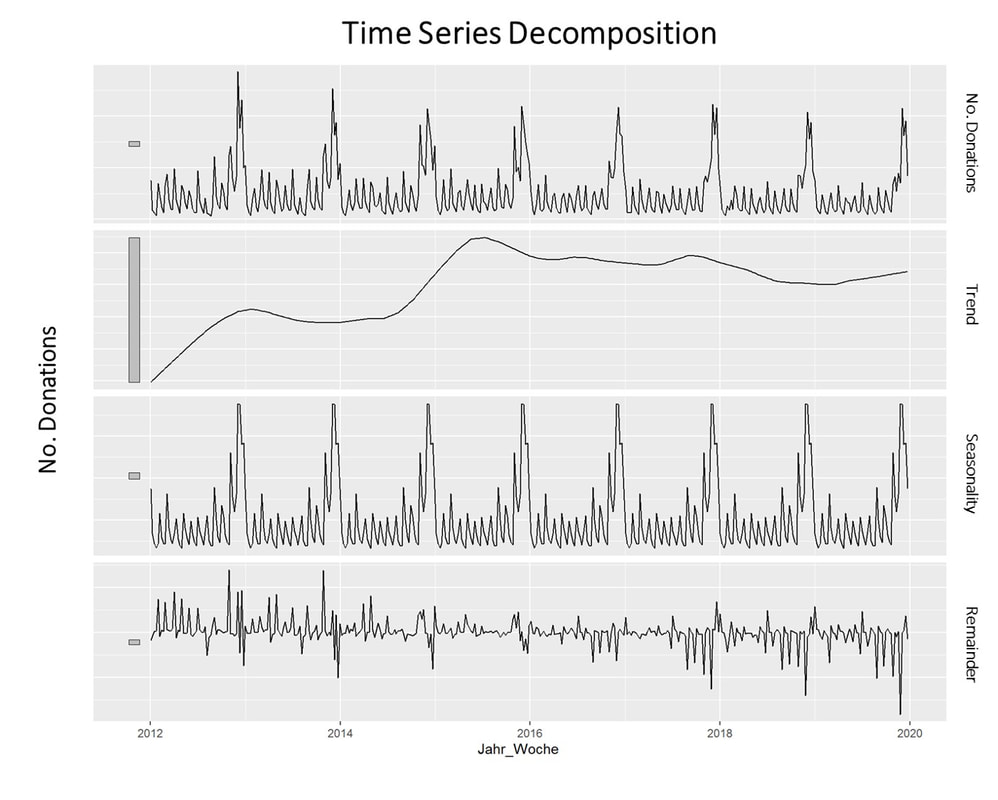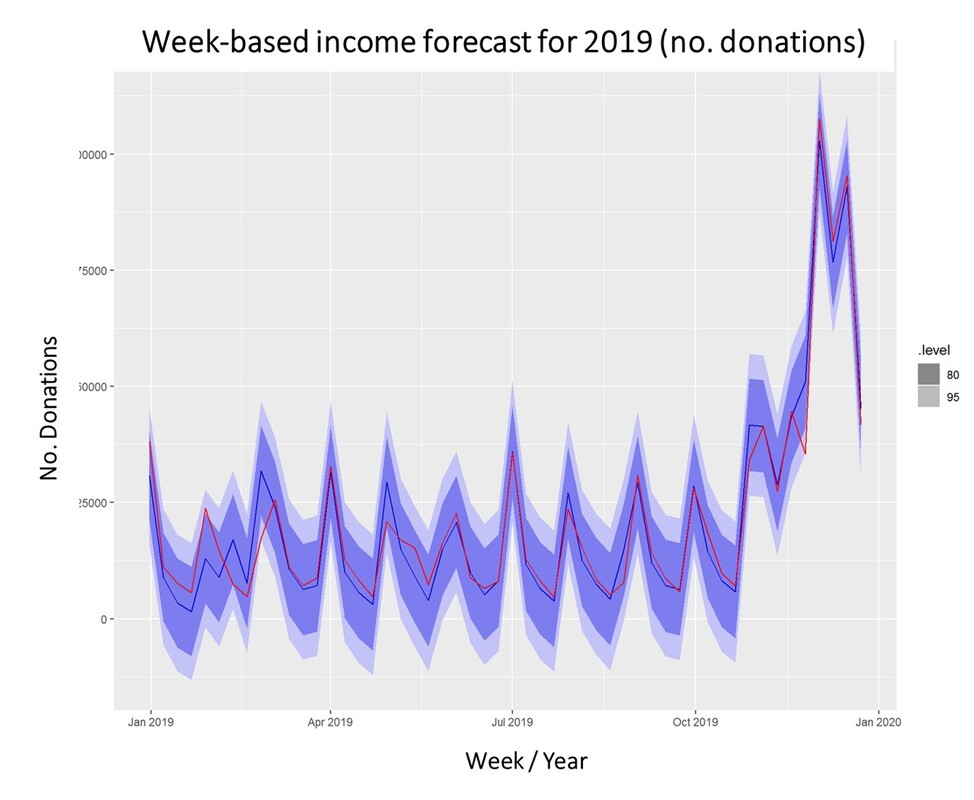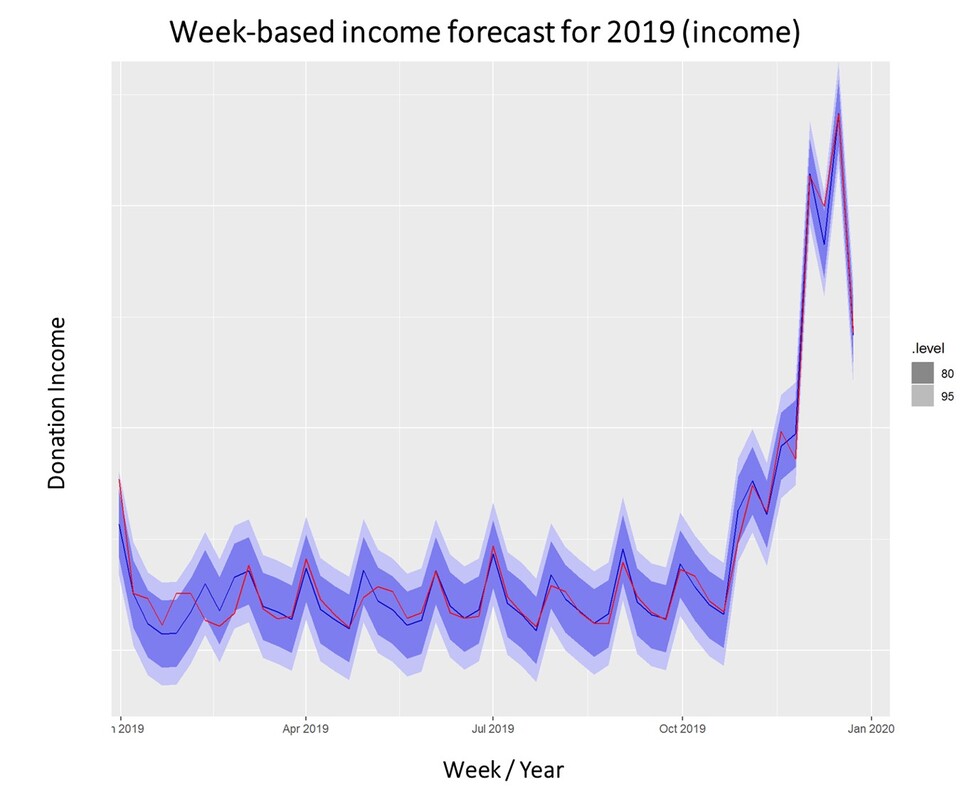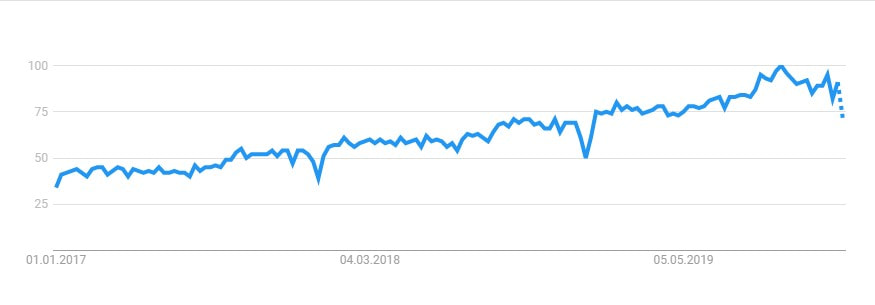|
Moneyball Released: 2011 Big names: Brad Pitt, Philip Seymour Hoffman IMDB Rating: 76% Plot in a nutshell: The movie is based on the book Moneyball: The Art of Winning an Unfair Game by Michael Lewis. Its main protagonist is Billy Beane who started as General Manager of the baseball club Oakland Athletics in 1997. Beane was confronted with the challenge of building a team with very limited financial resources and introduced predictive modelling and data-driven decision making to assess the performance and potential of players. Beane and his peers were successful and managed to reach the playoffs of the Major Leage Baseball several times in a row. Trailer: Why you should watch this movie: Moneyball highlights the importance of communication skills and persistence for people aiming to drive change using data science. The Imitation Game Released: 2014 Big names: Benedict Cumberbatch, Keira Knightley IMDB Rating: 80% Plot in a nutshell: The Imitation Game is based upon the real-life story of British mathematician Alan Turing who is known as the father of modern computer science and for the test named after him. The film is centered around Turing and his team of code-breakers working hard to decipher the Nazi German military encryption Enigma. To crack the code, Turing creates a primitive computer system that would consider permutations at a much faster speed than any human could. The code breakers at Bletchley Park succeeded and thereby not only helped Allied forces ensure victory over the Wehrmacht but contributed to shorten the horros of the Second World War. Trailer: Why you should watch this movie: It is a (too) late tribute to Alan Turing. Turing was prosecuted for his homosexuality after WWII and eventually committed suicide. The film is also about the power of machines and ethical perspectives in analytics Margin Call Released: 2011 Big names: Paul Bettany, Stanley Tucci, Demi Moore IMDB Rating: 71% Plot in a nutshell: Margin Call plays during the first days of the last global financial crisis in 2008. A junior analyst at a large Wall Street investment bank discovers a major flaw in the risk evaluation model of the bank. The story develops during the night as the young employee informs senior managers that the bank is close to a financial disaster, knowing that the bancruptcy of the firm would lead to a dramatic chain reaction in the market – and millions of lives would be affected. Trailer: Why you should watch this movie: The film depicts to what extent algorithms dominate decision making in the financial industry. It also portrays the interplay between supposedly objective models and human beings driven by emotions and interests. 21 Released: 2008 Big names: Kate Bosworth, Laurence Fishburne IMDB Rating: 68% Plot in a nutshell: Six students of the renowned Massachusetts Institute of Technology (MIT) get trained in card counting and rip off Las Vergas casinos at various blackjack tables. The film is based upon a true story. Trailer: Why you should watch this movie: It is an entertaining and fun movie. In addition to that, it contains some interesting mathematical concepts such as the Fibonacci Series and the Monty Hall Problem. We hope our tipps are valuable for you and you enjoy any of the flicks. 📺🎬 🍿☕🍷
|
Categories
All
Archive
August 2023
|


